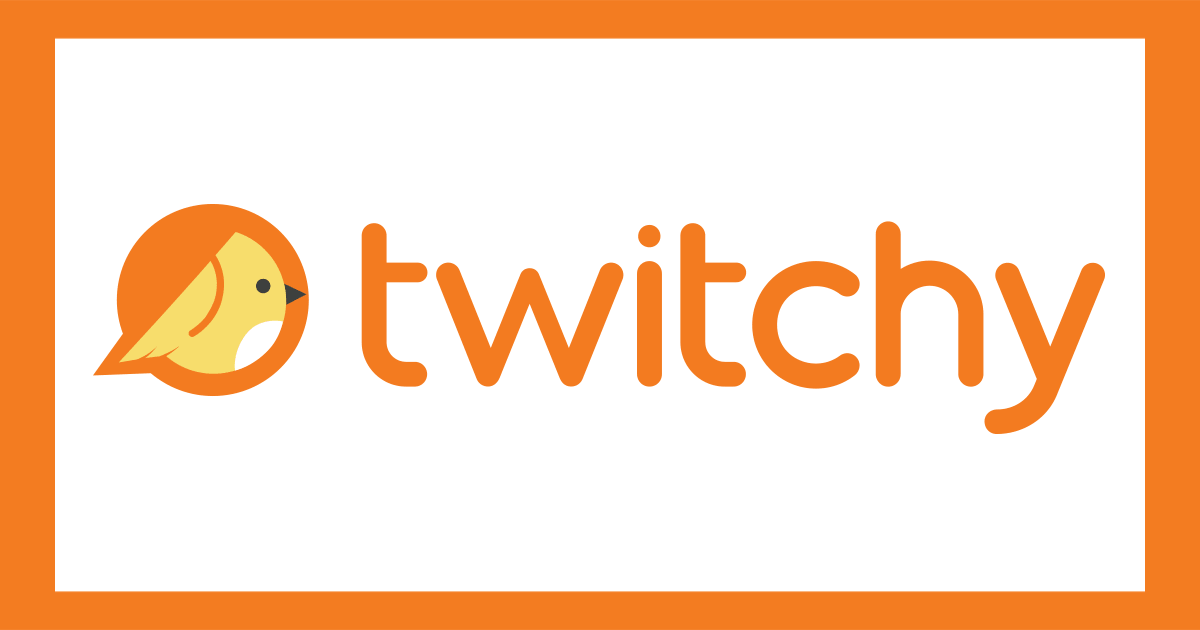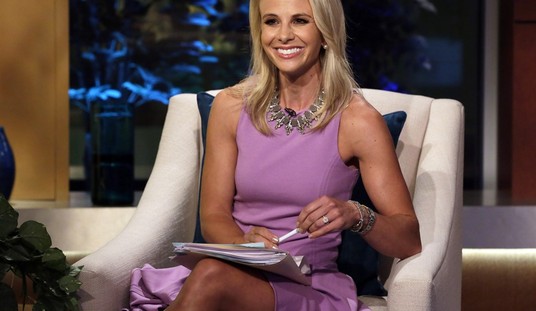Recently, the American Academy of Pediatrics earned itself a massive ratio when it tweeted that there are no studies to prove that teachers and caregivers wearing masks around babies and toddlers impede children’s language development. “There are no studies to support this concern. Young children will use other clues like gestures and tone of voice,” the AAP said. The question is, are there any studies to allay this concern?
Now an opinion piece in the New York Times is going even further, suggesting several ways in which children wearing masks actually presents opportunities for children to learn.
The Times is, at this point, essentially fetishizing masks. pic.twitter.com/btG7KPTzOp
— Robby Soave (@robbysoave) August 18, 2021
That’s quite a claim:
Wearing a mask can also help teach children to pay more attention to their own bodies and physical behaviors. Keeping a mask on over the course of a school day involves the kind of self-control and self-regulation that many children find challenging. Younger children must inhibit the urge to pull off their mask, and older children must be mindful of when their mask is slipping down or when it’s OK to take it off.
Needless to say, children will not always be perfect at keeping their masks on. But the research on self-control and self-regulation suggests that children who master the skills needed to keep their masks on will grow up to be better at achieving their long-term goals, solving problems and handling stressful situations. (For children who habitually bite their nails or pick their nose, a mask could also be precisely what they need to kick the habit.)
When was the study done connecting mask-wearing to better achievement of long-term goals?
Actually, wearing a mask can help your child learn https://t.co/LbxJZvavGx
— Allahpundit (@allahpundit) August 18, 2021
Recommended
You have got to be kidding me.
— Mary D (@MaryDubitsky) August 18, 2021
— Hickshausen (@StevenSimmons) August 18, 2021
— 100 Proof 🥃 (@ChampionCapua) August 18, 2021
Let's review the NYT "evidence" that masks help children learn:
1) Children who live in countries that mandate burquas for women still learn social skills
2) Blind children can learn to speak
3) Children also look at eyes when they learn to communicateI'm not making this up
— PoliMath (@politicalmath) August 18, 2021
4) by forcing children to so something they don't want to do, they learn discipline
5) This is actually a society-wide marshmallow test and children will be better for it
6) Children need to learn how to sacrifice for the good of othersStill not making this up
— PoliMath (@politicalmath) August 18, 2021
There is, of course, not even a hint of evidence for any of the claims made in that article (link below).
It is utterly void of any data, an entire piece of pure speculation. It would be embarrassing for anyone who had retained even a shred of shame.https://t.co/07xrkqAcLj
— PoliMath (@politicalmath) August 18, 2021
This is a really bad week for, "here's why mandatory burqas for young girls are good, actually"
— Jim Geraghty (@jimgeraghty) August 18, 2021
It should be clear that 1-3 is not about *helping* to learn, right?
— Marco Piani (@Marco_Piani) August 18, 2021
1) One could argue the “social skills” of children of the Taliban
2) Yes, but frequently require held and speech therapy to overcome near term delays
3) They also look at hands movements and shoulder position, what’s the point? Mouths are still an important queue— Ivar Von Hamilburg (@rob_lovell) August 18, 2021
Having to have your kid wear a blindfold will help him develop his other senses like Daredevil or something.
— OC and Stiggs (@_Me_Three) August 18, 2021
Those are really arguments for masks *help*?
— William Belcher (@EdB_Ohio) August 18, 2021
Preferably children wouldn’t need masks, but since they do, let’s try to find out ways they present opportunities to learn.
My niece is a first grade teacher. Her comment to me: “You know how hard it is to teach phonetics with a mask on? They need to see my mouth and I need to see theirs.”
— SaRa (@VeGasRuLz) August 18, 2021
Stop. Just stop. It's not normal. Stop.
— Akebono Bambusa 🎏 (@akebonobambusa) August 18, 2021
A "doctor" wrote this.
— William Remo (@WilliamRemo24) August 18, 2021
Why do you enjoy being dragged? Cause you absolutely deserve every bit of it.
— Chad McGovern (@ChadMcGovernUSN) August 18, 2021
It helps them learn that government is evil and always a dire threat to your rights and freedom. I agree that is a valuable lesson.
— Deus Galt (@Colovion) August 18, 2021
These people have zero shame.
— RedBloodedAmerica (@RedBloodedGuy) August 18, 2021
I guess it will help them learn how to conform to peer pressure.
— DigDugPacMan ⚔️ (@DigDugPacMan) August 18, 2021
Then make your kid wear a mask. Leave me alone
— Vikingsfan301 (@billwilliams57) August 18, 2021
“For older children, mask wearing is a way to teach more sophisticated ethical concepts like duty and sacrifice,” the piece argues.
Related:
American Academy of Pediatrics says there are no studies supporting the concern that masking impedes children’s language development https://t.co/lu75RPzVdB
— Twitchy Team (@TwitchyTeam) August 12, 2021
























Join the conversation as a VIP Member